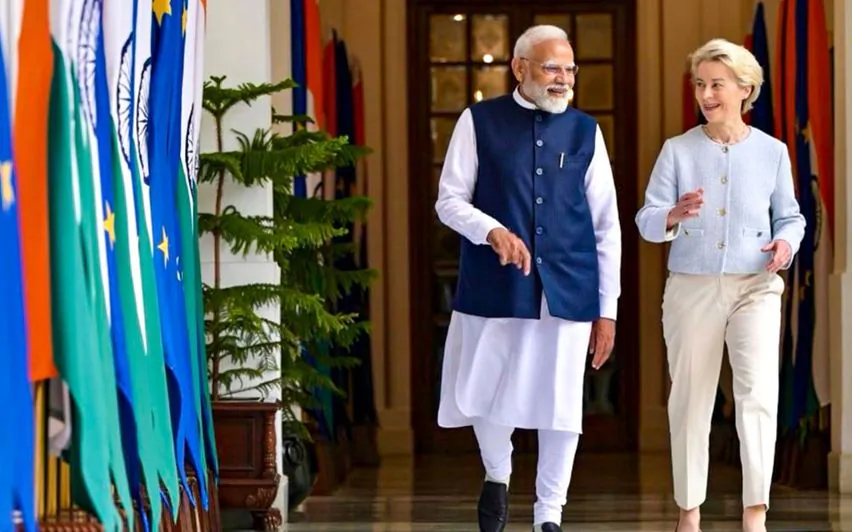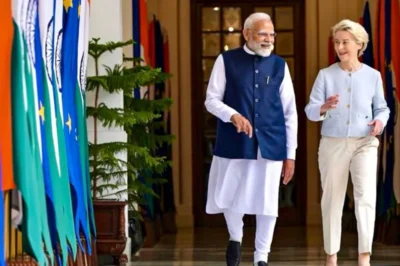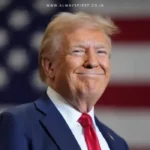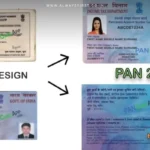
Renewed Commitment to Finalize the FTA
India and the European Union (EU) are actively working towards concluding a long-awaited Free Trade Agreement (FTA) by the end of this year. This initiative follows high-level discussions between Prime Minister Narendra Modi and European Commission President Ursula von der Leyen, who have directed their respective teams to expedite negotiations. The Ministry of External Affairs (MEA) has expressed optimism about finalizing the deal soon, emphasizing the strong political commitment from both sides.
Strategic Importance of the FTA
The proposed FTA holds significant strategic value for both India and the EU. European Commission President Ursula von der Leyen described it as “the largest deal of this kind anywhere in the world,” highlighting its potential impact on global trade dynamics. The agreement aims to enhance market access, reduce trade barriers, and foster deeper economic ties between the two regions.
Progress Amidst Challenges
Negotiations, which resumed in 2021 after a hiatus, have encountered challenges, particularly concerning market access for products such as automobiles and alcoholic beverages. However, both parties have demonstrated a strong commitment to overcoming these hurdles. The upcoming round of negotiations is scheduled for March, with both sides expressing optimism about reaching a mutually beneficial agreement.
Broader Economic Context
The FTA is expected to significantly boost trade and investment flows between India and the EU. The EU is currently India’s largest trading partner, with bilateral trade reaching over $130 billion in the 2023-24 fiscal year. This agreement is poised to further enhance economic cooperation, benefiting various sectors, including technology, manufacturing, and services.
Addressing Global Trade Dynamics
The push to finalize the FTA also comes in the context of shifting global trade dynamics. The EU’s efforts to strengthen ties with India are partly driven by the need to diversify trade relationships amid potential U.S. tariffs on EU goods. This strategic move aims to mitigate risks associated with over-reliance on a single market and to counterbalance increasing protectionism globally.
Future Outlook
Both India and the EU are optimistic about concluding the FTA negotiations within the set timeframe. The successful finalization of this agreement is expected to serve as a catalyst for broader economic cooperation, paving the way for future collaborations in trade, technology, and other strategic sectors. As negotiations progress, stakeholders from various industries are closely monitoring developments, anticipating positive impacts on business and employment opportunities.








































Leave a Reply